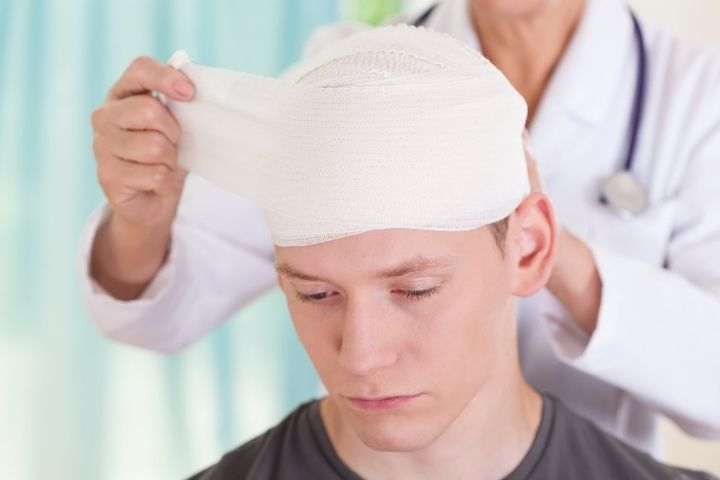Approximately one million people visit a doctor every year after getting a head injury. Although most of these individuals may experience lasting effects, others are left with a TBI (traumatic brain injury), which has lifelong and devastating impacts.
A short period of feeling, dizziness, unconsciousness, and sick can result from an individual banging their heads, getting into their car, or slipping over the street. At times, TBI can be a result of another person’s negligence. When this happens, you will require a brain injury lawyer who can vigilantly handle every aspect of your case. It is approximated that more than 78% of every head injury falls under this category.
Causes of TBI
Traumatic brain injury is caused by an explosive blast, bump, jolt, or blow to the head. It could also be caused by a penetrating head, which disrupts the normal function of the brain. Not every hit to the head can lead to TBI, but it might range from severe to mild when it does.
Symptoms and Signs
Signs and symptoms might appear all at once, within several hours, or after days, following your injury. At times, the symptoms can be subtle. You might start noticing problems, but you will not be able to associate them with the injury.
The impacts can be psychological and physical. The first physical impacts include swelling and bruising. Some of the common symptoms and signs of TBI are:
- Slurred speech
- Agitation
- Seizures or convulsions
- Severe headache
- Dilated pupils
Forms of Brain Injury
There are two forms of brain injury, including secondary and primary. Secondary brain injury involves a change, which evolves over some time, ranging from several hours to some days. It may include a whole cascade of the blood vessel, cellular, tissue, or chemical changes in your brain, contributing a lot to the destruction of tissues.
On the other hand, primary brain injury refers to a profound and sudden injury, which is regarded as less or more complete at the time of impact. It happens at the time of fall, car accidents, or gunshot wounds.
Diagnosis and Treatment
TBI can be emergencies. Your doctor should assess the situation faster. Otherwise, the consequences of TBI might worsen if you don’t get treatment.
The most serious TBI needs specialized hospital care and months of inpatient rehabilitation. Many TBIs are mild and could easily be handled with a short stay in the hospital for at-home monitoring or observation.
How to Deal with TBIs
If you suffer from traumatic brain injuries, it can be hard to know what you should do. When you find yourself in this situation, there are several things you might do to ensure you deal with the condition properly.
One way is to remain patient. You might seem different from time to time, but some days you will be better. Expressing negative emotions, confusion, and frustration are common when suffering from this condition. Other things you can do include:
- Becoming organized
- Getting out of the house
- Having a sense of normalcy
In a Nutshell!
Always see a doctor if you get a blow to your head, which causes behavioral changes. If there are signs of symptoms or signs of TBI following a recent bang on your head, seek immediate medical help for diagnosis and treatment.

